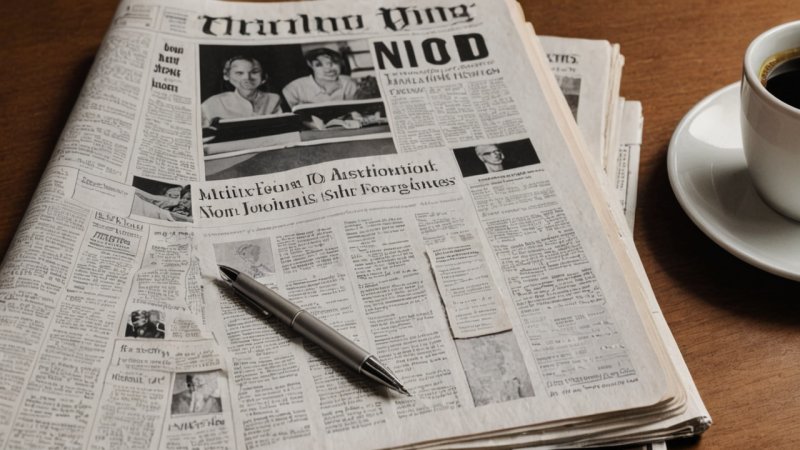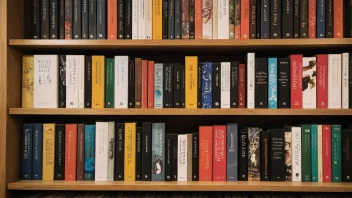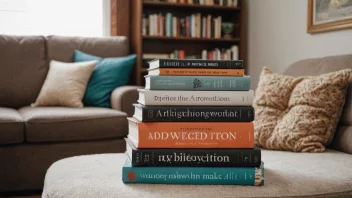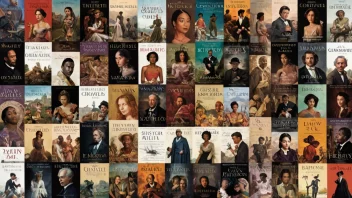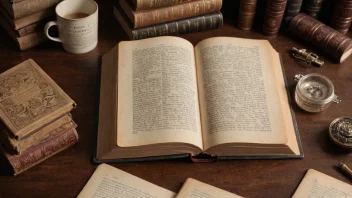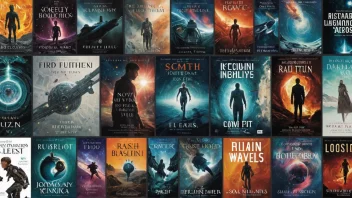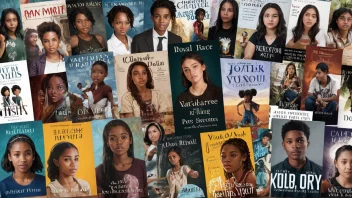Introduction
Non-fiction and journalism are two sides of the same coin, both aiming to inform, educate, and engage readers. In this article, you will learn how to explore the intricate relationship between these two forms of writing. We'll guide you through understanding their connections, differentiating them, and appreciating their unique contributions to literature.
Step 1: Understanding Non-Fiction
Non-fiction is a genre that presents factual information and real events. It encompasses a wide array of forms, including essays, biographies, memoirs, and more. Here’s how to delve deeper:
- Read Various Non-Fiction Works: Explore different subgenres such as history, science, and self-help.
- Analyze Structure: Consider how non-fiction is organized, including chapters and themes.
- Recognize Purpose: Identify the author's intent in educating or informing the reader.
Step 2: Exploring Journalism
Journalism is a specific branch of non-fiction that focuses on reporting news and events. To understand journalism better, follow these steps:
- Familiarize Yourself with News Outlets: Read articles from reputable sources like newspapers, magazines, and online platforms.
- Identify Different Types of Journalism: Learn about investigative, feature, and opinion journalism.
- Examine the Role of Ethics: Understand the ethical guidelines journalists follow to ensure accuracy and fairness.
Step 3: Comparing Non-Fiction and Journalism
While both forms aim to convey truths, they do so in different ways. To analyze their relationship:
- Identify Common Goals: Both seek to inform the public and promote understanding.
- Distinguish Between Style and Approach: Non-fiction can be more subjective, while journalism often adheres to objectivity.
Step 4: Recognizing Influences
Journalism influences non-fiction writing in various ways:
- Storytelling Techniques: Journalistic methods can enhance narrative structure in non-fiction.
- Research Methods: Non-fiction writers often use journalistic research techniques to gather facts.
Step 5: Engaging with Both Genres
To foster a deeper appreciation for both non-fiction and journalism:
- Attend Literary Events: Participate in book readings, author panels, and journalism workshops.
- Join Discussions: Engage in conversations about books and news articles on social media or in book clubs.
- Write Your Own Pieces: Experiment with writing non-fiction or journalistic articles to apply what you’ve learned.
Conclusion
In summary, understanding the relationship between non-fiction and journalism enriches your reading experience. By exploring both genres, you can appreciate their similarities and differences, as well as their unique contributions to literature. Remember to engage actively with the texts, participate in discussions, and express your thoughts through writing. Happy reading!
